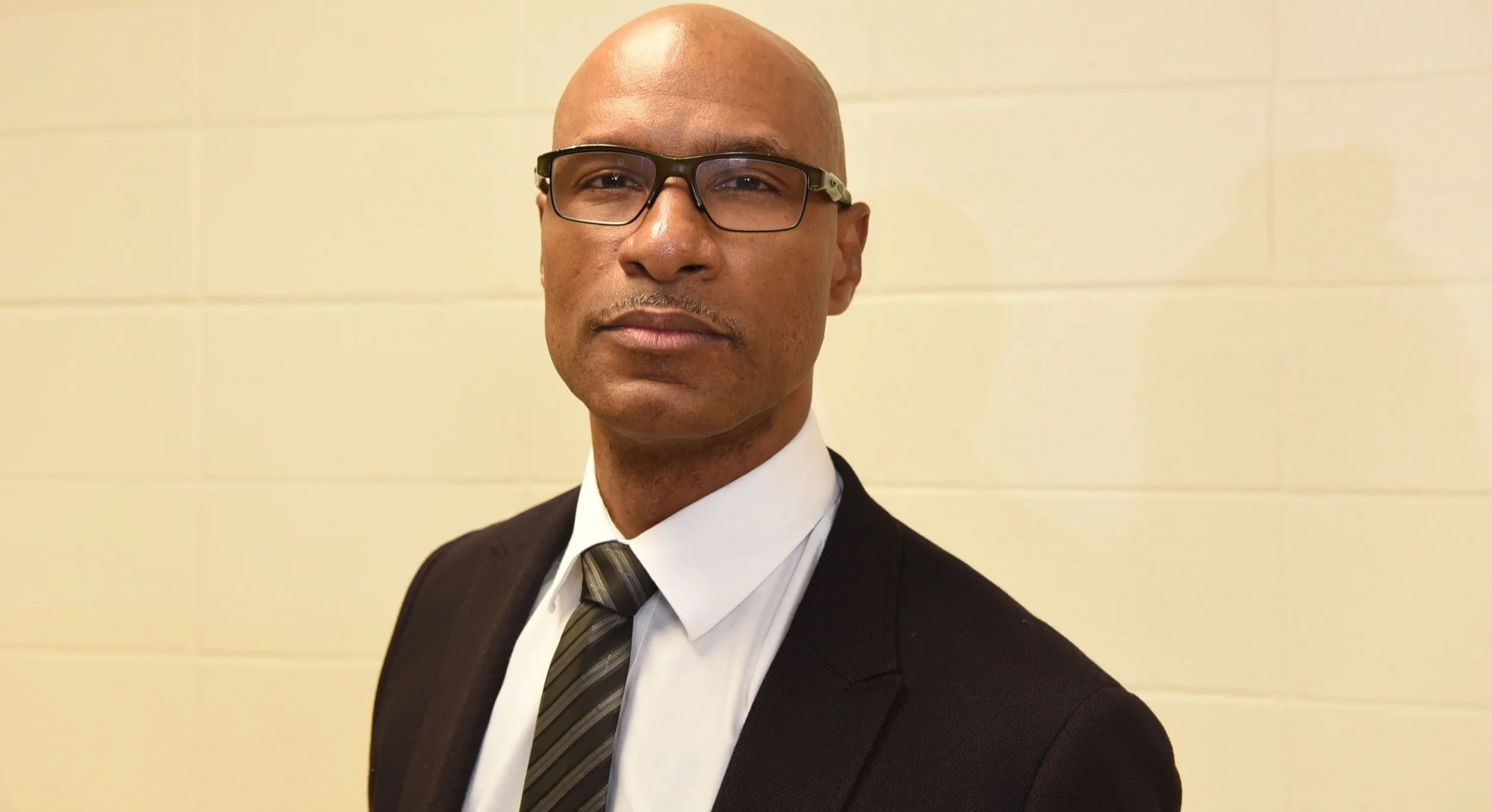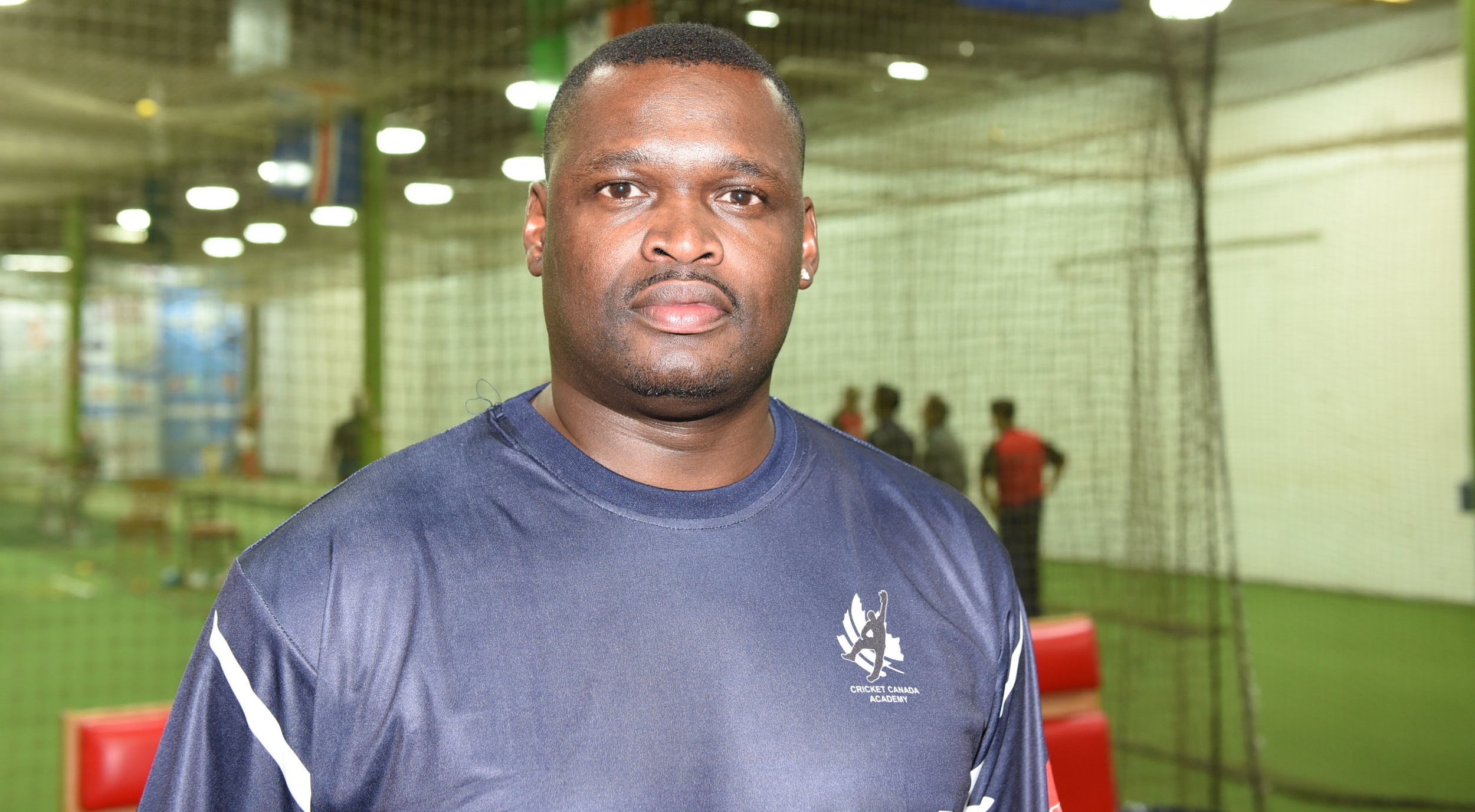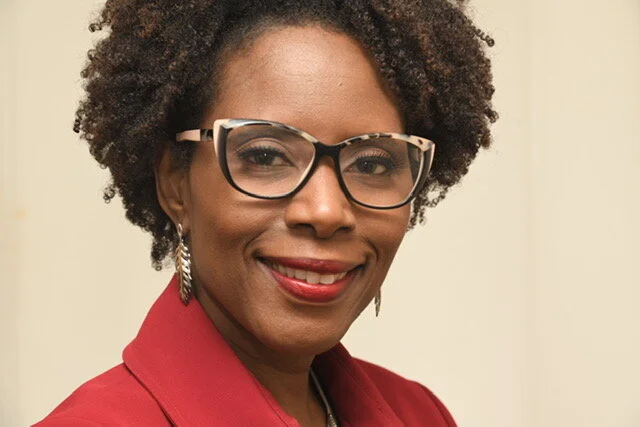Professor concerned over government's action for Black youth
May 19, 2017
A university lecturer, who specializes in the areas of race, Blackness and education, feels that the Ontario Black Youth Action Plan (OBYAP) pathologizes Black communities
As part of the ‘A Better Way Forward: Ontario’s 3-Year Anti-Racism Strategic Plan’, the province’s Minister of Children & Youth Services Michael Coteau recently launched the $47 million OBYAP to support 10,000 Blacks children, youth and their families in schooling, post-secondary education and employment as well as those in conflict with the law.
Dr. Philip Howard, an assistant professor in the department of integrated studies in education at McGill University, has some concerns.
“To me, it suggests that it is the deficit of these communities that gave rise to the disparities that we observe,” he said. “So for example in response to the disproportionately high rate of Black children in the child welfare system, it invests in Black parenting initiatives for Black parents, suggesting that it is these parents or parenting skills that result in Black children’s over-representation in the child welfare system.
“Nowhere is there any mention of training for those who work within the system though we know that it is here that the problems really lie. Measures like these, perhaps, protect the reputation of institutions, but do little to change them for the better. This gross error would not have been likely had Coteau listened carefully to what Black communities have been saying for so long before implementing such an agenda.”
Howard, who was a Durham District School Board equity, diversity & race relations program facilitator for four years up until July 2010, is encouraging institutional leaders to listen carefully to Black communities, particularly those leaders who have been working at the grassroots level for many years.
He said Black Lives Matter (BLM) shouldn’t be left out of the equation.
“I urge you to listen to the voices of movements like BLM, whether or not those voices at the moment might sound strident to you,” the former York University course director noted. “It is only by listening carefully to the affected communities that we can hope to respond respectfully. And while it might be tempting from an institutional perspective to wait until it is safe to pursue meaningful change that will help us to better understand the realities of our own local situations and to work with communities to make that change, that kind of waiting suggests again that Black lives might not matter. Change is always risky business, but given the current circumstances, it is imperative that we take courage and act.”
Howard’s research examines the ways that racialized social structures and discourses organize the ways we come to know ourselves, create community and exercise agency. He is particularly interested in the contradictions that arise within social justice projects in neo-liberal contexts and in the ways that the marginalized engage in resistance in the face of these contradictions.
He said the rise and resilience of the BLM movement should be taken very seriously.
“They are teaching us a lesson by demonstrating that young people can take a stand and make a difference,” Howard, who studied at Cornell University at the Ontario Institute for Studies in Education where he received his PhD. in sociology and equity studies in education, added. “They, in a long tradition of youth activists, are demonstrating that Black academic achievement becomes excellent when it is deployed in the service of justice. They are showing what it means to commit themselves to studying, understanding and articulating the conditions under which we live and to finding ways to transform those conditions.
“…This is a movement declaring simply that Black lives matter. Imagine even having to declare that in the first place. And as simple and as evident as such a statement ought to be, even this has been considered controversial…The Black Lives Matter movement is not attempting to raise the value of Black lives above other lives. Rather, it is declaring that Black lives ought to matter, do matter and must matter though every indication is that they largely don’t matter in our institutions, cities, provinces and in our nation. Furthermore, what are we to say when simply declaring that we matter and that we desire justice is understood as an unreasonable threat to others.”






